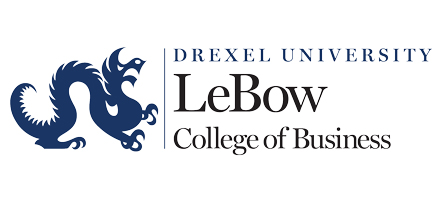One early conclusion from the task force’s study: Not to partner with an external provider, such as 2U, which does a revenue share deal with schools, but rather to go out on its own. “We talked to 2U and felt they could bring a lot of things to the table in terms of reaching out to potential students,” explains Matsusaka. “But we wanted to keep the real academic content in-house. We weren’t comfortable turning that over to an external partner and felt strongly about that.”
AFTER A ONE-WEEK ORIENTATION, SEMESTER-LONG SINGLE CLASSES
The task force also felt strongly that the faculty should take out a white sheet of paper and design a new structure for an MBA program rather than a traditional set of core and elective courses. “I went to the dean and said, ‘Look, if you want to do this right we can’t be fixated on revenue,’” recalls Matsusaka. “‘We want to build a really great cutting-edge program.’ He agreed and we then asked the faculty what kind of program would it design if it could, without any political considerations or road blocks.”
The big breakthrough was doing an integrated single course per semester, rather than a series of disconnected courses in discrete disciplines. “That is one class and that is all they will take,” adds Matsusaka. “In a residential program, you would take three. But they are going to see all the functional areas but also the connections that are built into those areas. When you start putting them together, they fit together in ways that will be more obvious to the students.”
The other semester-long courses are Managing Outside the Firm, Managing Inside the Firm, Entrepreneurship and Aspects of New Venture Development, and finally Business Environment and Leadership. There’s also room for two 1.5-unit electives in semester three and four.
‘YOU CAN DO IT AT AN AIPORT OR AT HOME WITH THE KIDS’
The program will incorporate live action cases, interactive exercises and virtual teams. Students will have the ability to take classes in online programs at other USC schools and enroll in additional online courses from Marshall MS programs in entrepreneurship, marketing and global supply chain management. The curriculum was created specifically for the program, rather than just taking traditional in-classroom content and putting it online.
Each semester students will spent three hours a week on the screen with the professors and about six hours a week watching lectures and doing interactive exercises. “This is as rigorous as any program,” says Matsusaka. “It’s not going to be a short cut. But it gives you the flexibility not to show up in a room with other students at set times. You can do it at an airport while you’re waiting for a plane or at home with the kids.”
Though USC plans to enroll between 20 and 25 students in its first cohort, the school eventually expects to have an annual online intake of 200 students a year. “I don’t think it will cannibalize the residential program that much,” says Matsusaka. “Online is coming and I don’t know if we are going to cannibalize our traditional MBA program or not. But if we don’t, someone else will. Online options can reach across the country and the world so if we are not out there, you can bet that someone else will be.”
DON’T MISS: THE BEST ONLINE MBA PROGRAMS IN THE U.S.





